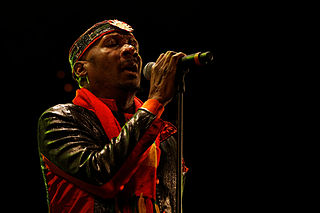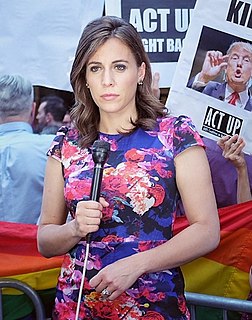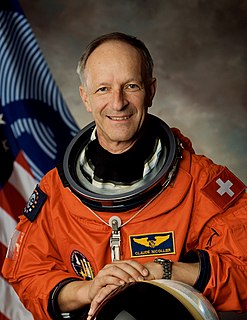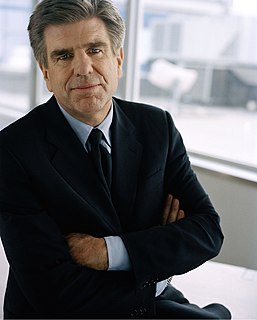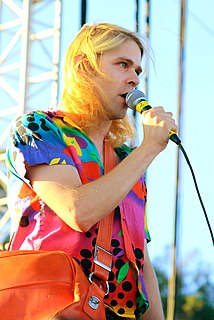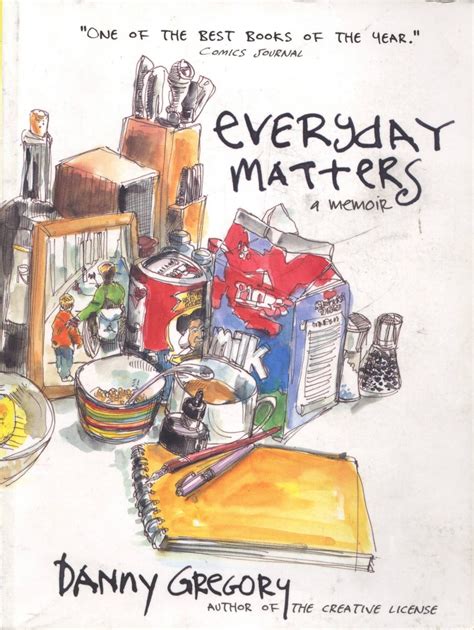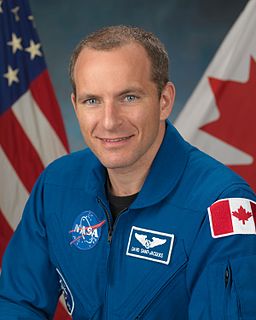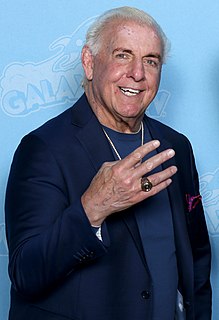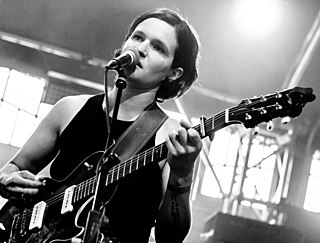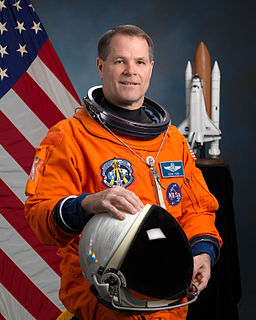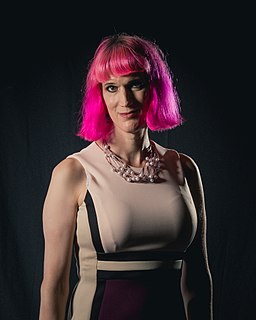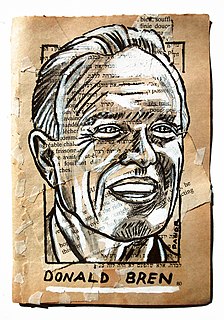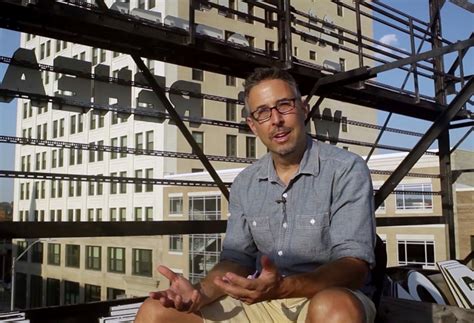Top 1200 Space Travel Quotes & Sayings - Page 16
Explore popular Space Travel quotes.
Last updated on November 26, 2024.
Psychedelics are not flashlights into the chaos of the Freudian unconscious, they are tools for mathematically unpacking your mind into a higher dimensional space. In the Newtonian and print created space that we are walking around in you, are like a self extracting archive, that hasn't self extracted itself yet.
In the end, to ski is to travel fast and free – free over untouched snow country. To be bound to one slope, even one mountain, by a lift may be convenient but it robs us of the greatest pleasure that skiing can give, that is to travel through the wide wintery country; to follow the lure of peaks which tempt on the horizon and to be alone for a few days or even hours in clear, mysterious surroundings.
I would die to record in space. That would be the coolest. If I got the option of, going into outer space and hanging out there for a day, and then coming back home and dying the next day, or just waiting around to see if there's any opportunity for the technology to develop so that I might experience outer space sometime in the future, I would probably take the ride today and die tomorrow. I'd be happy just hanging out between the moon and the Earth, getting a view.
When we believe we have all the answers, we are not open to mystery. To begin a mystical journey, you have to start with a sense of wonder, of not knowing where you are going or how you will travel. The initial phase of alchemy is called the nigredo-it's the phase of darkness, when it's "blacker than black." You feel this when you start something new-go off to college, start a new job, travel to a foreign land, or end a relationship that is not working.
Travel opens different eyes to different things, shows things we've never seen before, shows the world from entirely different angles. That's the power of drawing and the power of travel. They both make the familiar unfamiliar and vice versa. They show what we all have in common and what we may have missed thanks to preconceptions that may have marred our vision.
Space is our tool to take care of the world. From space, we know the Earth is fragile, and we can follow oil spills and forest fires, and monitor the environment and save it. The needs of remote communities and the needs of astronauts are similar. Canada is a country that is big and has a lot of people living in faraway places. Physicians in remote areas need to have contact with more senior colleagues. We depend on telehealth for advice, X-rays, labs. At the most simple technical level, space technology contributes to remote health care.
As we've seen the rise of cultural, environmental and educational tourism in adventure travel, we've also seen the rise of female participation. Part of that is due to changes in women's attitudes about their own abilities. As more women participate in such things as fly-fishing, whitewater kayaking and bicycling, we're also seeing concurrent growth in those areas in adventure travel.
When you have emptied all content - thoughts, desires, memories, projections, hopes - when all is gone, for the first time you find yourself, because you are nothing but that pure space, that virgin space within you. Unburdened by anything, that contentless consciousness, that's what you are! Seeing it, realizing it, one is free. One is freedom, one is joy, one is bliss.
People think it?s hard to travel to the airports. 9/11 has made our travel difficult, with the security laws and that. As far as comparing what we do to driving 3,000 miles a week, making fifty bucks a night, sometimes one hundred bucks a night, it?s a lot different. Guaranteed contracts, first class air fare, Hilton hotels in London, Champaign. Waddaya want? What more could you ask for!
If you're going to lead a space frontier, it has to be government; it'll never be private enterprise. Because the space frontier is dangerous, and it's expensive, and it has unquantified risks. And under those conditions, you cannot establish a capital-market evaluation of that enterprise. You can't get investors.
He felt as though he were failing in practically every area of his life. Lately, happiness seemed as distant and unattainable to him as space travel. He hadn't always felt this way. There had been a long period of time during which he remembered being very happy. But things change. People change. Change was one of the inevitable laws of nature, exacting its toll on people's lives. Mistakes are made, regrets form, and all that was left were repercussions that made something as simple as rising from the bed seem almost laborious.
The ability of the humans to not only function in space but be very functional when they arrive at their destination, those are the kinds of things we're learning from the science. Fuel transfer technologies and all the things we can learn about the space environment are all valuable to us for pressing on out.
There's been a greater awareness among people, especially geeks, that the laws of physics don't allow that much wiggle room in terms of things like faster-than-light travel, time travel, sending people to other planets. It's harder than we were aware a few decades ago. I think there used to be this widespread imagination, this idea that we'd eventually just hop in a rocket and go to Mars.
Traveling is the great true love of my life... I am loyal and constant in my love of travel. I feel about travel the way a happy new mother feels about her impossible, colicky, restless newborn baby - I just don't care what it puts me through. Because I adore it. Because it's mine. Because it looks exactly like me.
Organizing time is exactly like organizing space. Just as a closet is a limited amount of space into which you must fit a certain number of objects, a schedule is a limited space into which you must fit a certain number of tasks. Each day and each week is simply a container, a storage unit with a definite capacity. The trick is to treat time not as an abstraction but as something solid that you can hold on to and move around.
There are some who say that sitting at home reading is the equivalent of travel, because the experiences described in the book are more or less the same as the experiences one might have on a voyages, and there are those who say that there is no substitute for venturing out into the world. My own opinion is that it is best to travel extensively but to read the entire time, hardly glancing up to look out of the window of the airplane, train, or hired camel.
When we travel for research our strategy is to simply move from kitchen to kitchen. It's truly a wonderful way to travel - food shopping, cooking and eating in one home for lunch and then another for dinner. The process of cooking takes us immediately into the rituals and rhythms of daily life and also places us firmly in the position of learners. We were meet with incredible generosity by all of the families we ate with.
I think I live inside the plane! I never have time to unpack; I'm always leaving in two days again. I travel a lot, and at the beginning it was really fun. The first time I went inside a plane, I was 15 years old and I had so much fun. I like to travel all over the world and learn [about] new cultures. Not that many people have the opportunity to do that.
The partisanship surrounding space exploration and the retrenching of U.S. space policy are part of a more general trend: the decline of science in the United States. As its interest in science wanes, the country loses ground to the rest of the industrialized world in every measure of technological proficiency.
